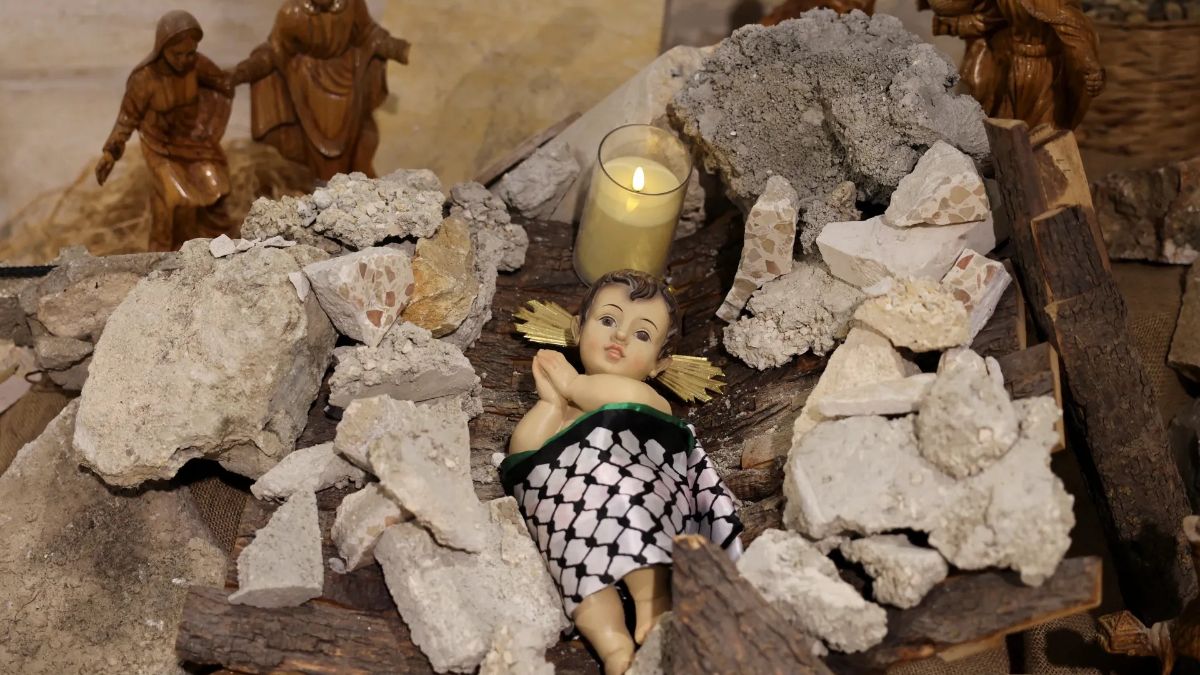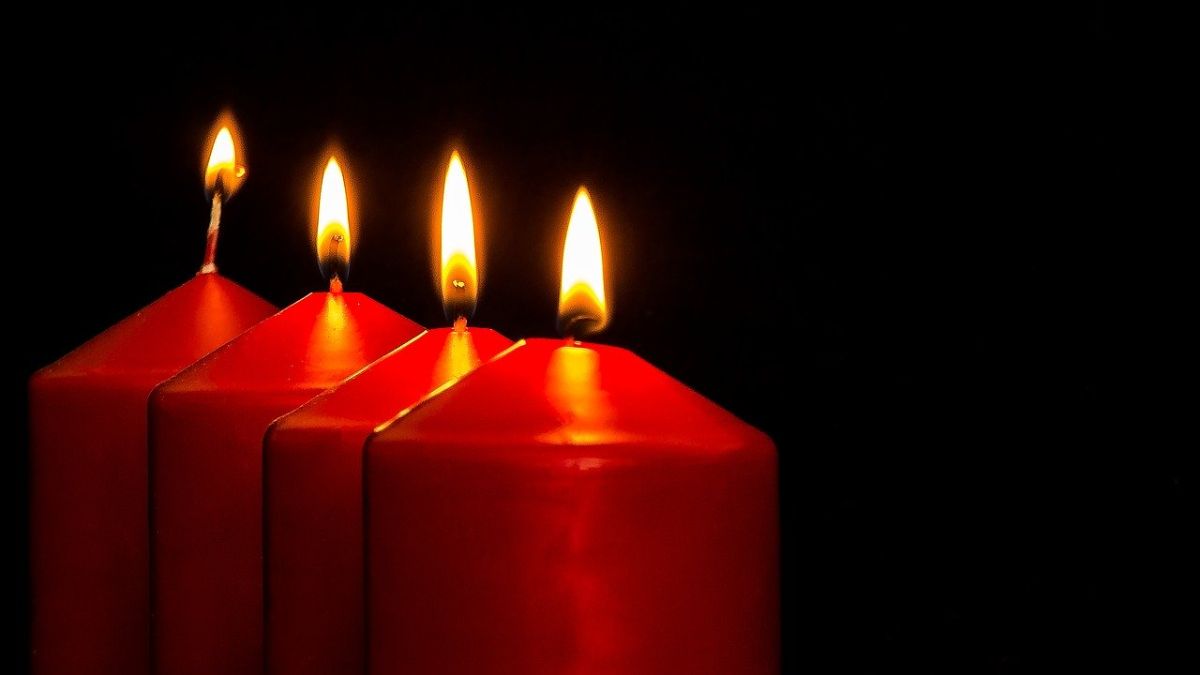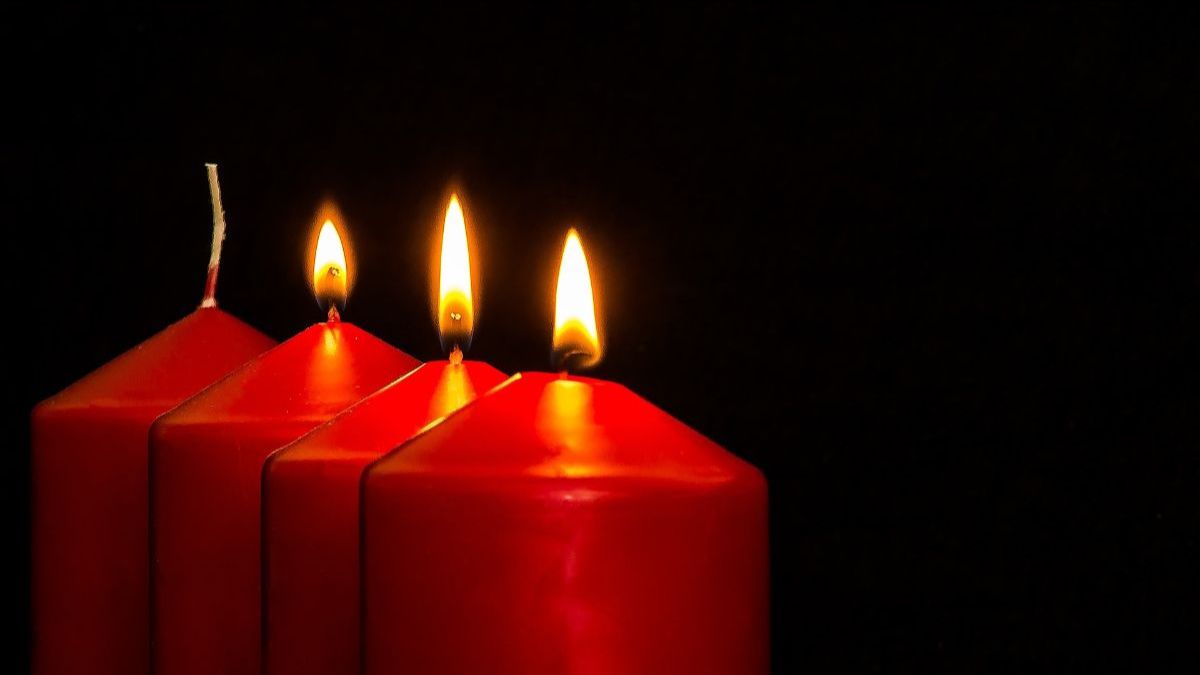Riddles of Grace
"The shortest distance between a human being and the truth is a story."
Father Anthony de Mello
July 25, 2014, Words By: Joel Van Dyke, Image By: Mustard Seedlings by Tess Watson (CC BY 2.0)
Our lectionary Gospel reading continues where we left off last week in Matthew 13. This time Jesus’ riddles (parables) focus on mustard seeds, yeast, pearls, and fishing nets.
In a supersized, Big Box culture where dimensions rule, the parable of the mustard seed is often interpreted with the assumption that its meaning is about the Church, and the conclusion is that God wants the Church to be big. The story is familiar. What starts as a small seed becomes the largest of trees. However, if growth is Jesus’ main point, he chose a poor metaphor – so perhaps here again is proof that Jesus was certainly more carpenter than farmer. The farmers in the crowd would have been shocked by this story. It simply makes no sense.
Robert Farrar Capon points out that the mustard tree is a weed no farmer wants in his garden. It may start off as a small seed, but even at full height, it only stands six feet tall. It could hardly compete for splendor with the cedars of Lebanon that filled Solomon’s temple. If Jesus is after size, he picked the wrong shrub. And this is the point he is trying to make. He probably did know, after all, that the mustard tree is a “shrub” – a weed that farmers spent their days trying to eliminate because these weeds grew into homes for birds that destroyed crops. If the kingdom of heaven is like a mustard seed, then who would want it?
In a world where clean and efficient megachurches are often celebrated as clear evidence of God’s special anointing, it is important to consider that not all growth is good growth and not all growth leads to unity. It is reminiscent of what we call the ‘mustard seed syndrome’ that afflicts so much of the church – the unexamined belief that God delights in bigness and that somehow the growth of the Church automatically equals blessings to the world. As a result, we often project our desires onto the Gospel and squeeze into the text interpretative calisthenics that satisfy those desires.
Jesus presses on with another parable. “The kingdom of heaven is like yeast that a woman took and mixed in with three measures of flour until all of it was leavened” (Matthew 13:33). This one sentence capstone of Jesus’ teaching is the stone that Israel rejected, and so do we – for good reason. Yeast is a mold that was considered unclean in Hebrew culture. With Jesus using a weed and a mold to illustrate the kingdom, what is he suggesting?
Could it be that the Kingdom of God in our cities appears in forms that our culture, our ideologies, and our theologies have conditioned us to reject? Could it be that the weeds and molds that we have systematically tried to get rid of are the very things that reveal the presence of God and are the keys to genuine community and unity? These texts invite us to move toward a kind of unity that makes room for the “other,” particularly the “other” that we are most conditioned to reject.
Jesus continues his riddles with the image of a fishing net (v. 47-48). The fishing net of that day was a dragnet, which interests me as a wannabe fisherman. When I “pretend” to go sport fishing, I attempt to use specific lures of just the right color and size, and choose just the right test-line for certain conditions – all to land a specific fish during a specific season. (At least this is what I imagine real sport fisherman do).
The fishing culture in Jesus’ day was markedly different. The dragnet was tied to a weight that would go down to the bottom and scrape up everything – from bottom feeders to the fish on the surface and all the sea life that comes in-between. It’s really a crazy, dirty way to fish.
Are we sport fishing for the fish we desire, or laying the dragnet that brings in all kinds? Are we worshiping size and “bigness,” wrongly assuming that growth in numbers automatically corresponds to blessings for the world? Have we become blind to the possibility that the yeast (mold) that we have systematically tried to get rid of might be the very thing that reveals the presence of God and is the key to genuine community and unity? Are we trying to sort our crops before the harvest, or are we trusting the sower to do the harvesting? If we dare to enter such riddles of grace, then mustard seeds, yeast, and a dragnet ministry with a wheat-and-tares discipline can radically broaden access to the one whose cross welcomes all.
Peace,
Joel Van Dyke
Street Psalms Director for Latin America
Guatemala City, Guatemala



